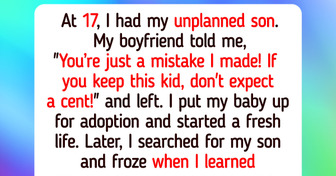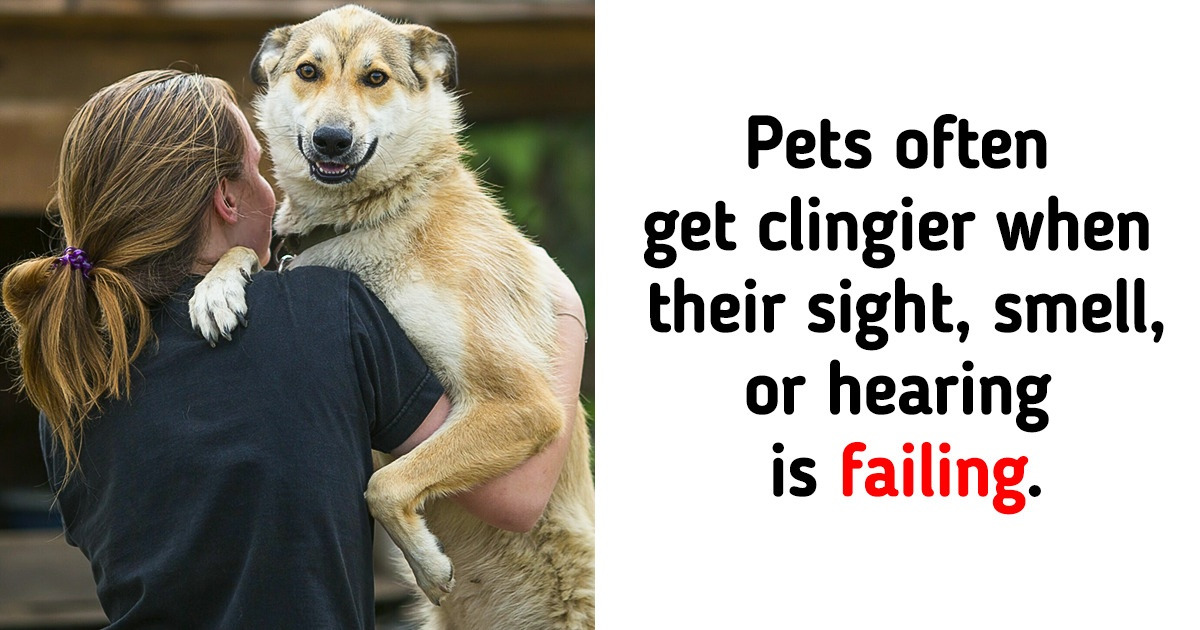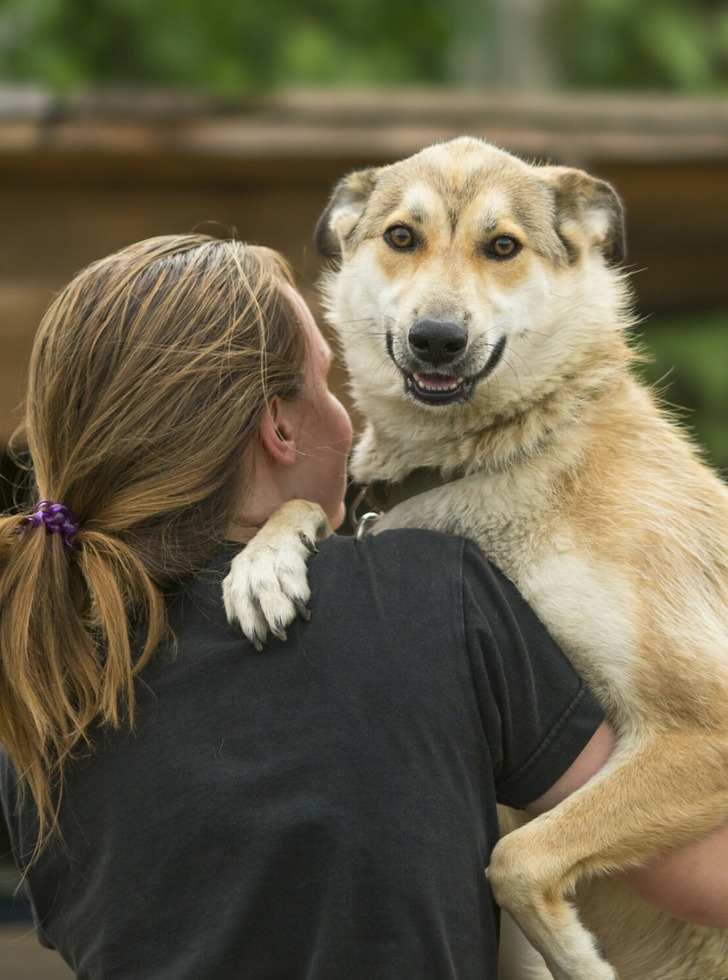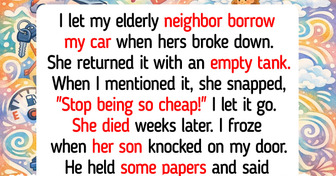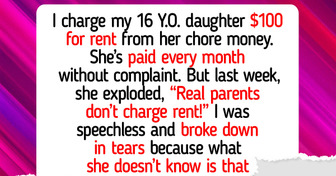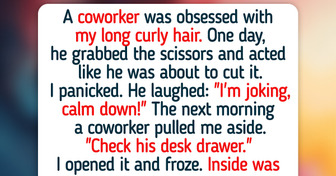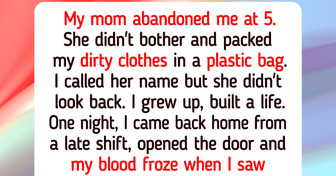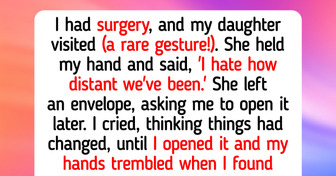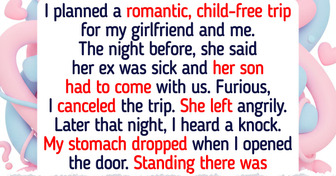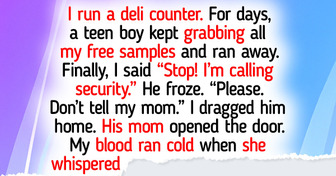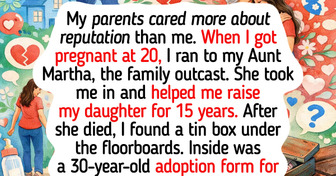Studies say that having a pet and interacting with it adds to your oxytocin release. It’s only natural to love your pup or cat. Your pets reciprocate your love and affection despite not being able to talk, by giving you signs. Tail wags, licks, and snuggling are all signs of pet affection. But at times, pets give us very subtle signs that all may not be well.
Bright Side wants to go through some of the less ordinary signs that pets give us and what they could mean. Plus, here’s how you can help your pet feel good and well again.
1. Licking their lips or noses frequently
Cats and dogs often lick their lips to show that they are hungry or to clean their mouths or noses. But if this is happening too frequently, it could mean other things. Mostly, it could denote nausea or dehydration, though sometimes even stress can make them behave this way.
You can help your pet by:
- Taking them to the vet if they show other signs like hunched posture, breathing difficulties, dry heaving or vomiting, or not eating. This could also mean poisoning or other health problems.
- Make sure they have enough fresh water to drink to avoid dehydration.
- Take them out of any stressful situation and make them comfortable.
2. Showing you “whale eyes”
A whale eye is when the whites of a dog’s eyes are visible. And not just because the pooch is looking up, but because it is in distress. Along with showing you a lot of white in the eye, the dog may also be rigid, growl, or lick its lips and nose a lot. It usually means the dog is anxious, fearful, and may turn defensively aggressive.
Do not scold the dog, instead:
- Stop doing whatever is making it uncomfortable. Even a hug can get a reaction like this.
- Take the dog out of whatever situation that is making it uncomfortable, like the vicinity of another dog.
- Rule out any disease or pain with a trip to the vet if doing whale eyes becomes a regular behavior with the dog.
3. They are chewing up your things
All dogs tend to chew on things but once trained, they stick to chew toys. However, if your well-trained pooch suddenly starts getting into and destroying your stuff, it is usually an indication of boredom or even separation anxiety. A sudden change in routine could be the cause but so could some underlying medical factors.
Yelling and punishing the dog is not a solution because chewing is a stress reliever for dogs. Instead, try the following:
- Spend a little extra time with your pooch and increase play or exercise time.
- Bring in some challenging chew toys and rotate them to alleviate boredom.
- Take your dog to the vet to rule out any tooth pain or underlying medical conditions.
- Keep your comings and goings normal to make it less stressful for your dog.
4. They won’t leave your side
dimaberkut/easyfotostock/Eastnews
If your otherwise aloof pet suddenly won’t leave your side, you may feel loved, but it may indicate something more than just pet adoration. Cats and dogs often get clingier when they are getting old, or when their sight, smell, or hearing is failing — for the simple reason that they trust you to take care of them.
If their clinginess is becoming an impediment, here’s how to help:
- Take your pet for a thorough check-up to rule out any medical issues.
- In case your routine or even your home has changed, be patient with your pet. They may be unsure of their position in your life and may be in need of comfort.
- If you have a female pet who is pregnant, this can be her way of telling you that birth is near.
5. Sudden and frequent urination in the house
Having your potty-trained pet suddenly start doing their business inside can become a trying time for pet owners. But before you lose your cool, try to figure out why your dog or cat is suddenly urinating inside the house.
Here’s how you can help:
- Rule out any infections with a trip to the vet.
- The reason for your healthy and trained cat to do their business outside the litter box could be the litter box itself. If you have made any changes, reverse them. It could be a new litter box, new litter, a change in position, etc. Introduce changes very slowly, if necessary.
- A new pet could also be a source of stress for your cat or dog. Give them plenty of love, patience, and treats.
- Moving to a new house could be another reason for dogs to do their business inside, and so could anxiety if they are left alone. Getting your dog neutered can also help reduce any territorial marking on his end.
6. Marked increase in barking or yowling
Animals are vocal to different degrees, just like humans. But when your generally quiet and reserved pet suddenly starts barking or yowling non-stop, there has to be a reason behind it.
This is what your pets may be trying to tell you:
- Cats start caterwauling in mating season sometimes, and there’s not much you can do about this. But if your cat wants attention, is in pain, or is feeling insecure, it may yowl even then.
- Dogs bark if they feel there is a threat in the vicinity but this usually subsides once the issue resolves. If they are barking at you or around you, they may want to play or they may be trying to call your attention to something.
- Make them comfortable, play with them, and give them some water. Get up to see if they are trying to tell you something. If it continues, go to the vet to rule out anything serious.
7. Excessive yawning or pacing
Most of the time, if your pets are yawning, they simply need to take a good deep breath of oxygen. It also shows boredom, empathy, and sometimes submission. But if they are yawning a lot, along with pacing, panting, and looking a bit anxious, then the signs point to the pet being in distress.
To tackle this, try the following:
- Remove the pet from the current situation that is causing it to be nervous. Let your pooch and kitty take a nap in a restful environment to see if that calms them down.
- Make sure they are not getting overheated. Give them plenty of fresh water and keep them in the shade or inside in a cool place on a hot day.
- Take them to the vet to rule out any diseases or accidental poisoning. Sometimes dental issues can also cause excessive yawning.
8. Twitchy tails or chasing tails
Most pet owners have funny memories of pooches chasing their tails. But pay attention to see if your grown pupper starts doing this, or to see if your cat develops a near-constantly twitchy tail? The signs may indicate that your pet is getting old, is anxious, or is bored.
Or there may be some medical reasons at play. Here’s what to do:
- In the same way that puppies chase their tails, so do old dogs with diminishing mental acuity. So enjoy your time with your pooch and shower it with love.
- Cats mostly twitch their tails when they are excited, on a hunt, or getting overstimulated. The last of which may mean a scratch or an attack is imminent. Let your kitten calm down to avoid being involved in any aggression.
- Sometimes, this may mean an underlying medical condition, especially in cats. We suggest you go to your vet to rule out any serious health problems.
9. Frequently ignoring commands
Your cat ignoring you is almost normal, considering even the sweetest of them may not feel obliged to show you affection. But for your dog to ignore you may be shocking.
Here’s what might be wrong, and what can be done:
- Your dog may have a hearing problem. It could be an ear infection or general loss of hearing but if along with ignoring your commands, they also seem unaware of sounds, take them to the vet.
- They could be sulking. If you yelled at your dog or cat earlier, this may be their way of getting back at you. They are not angry at you but fearful or distrustful. Patience is the key, along with treats for listening.
- Cats, if comfortable, love to ignore commands. They have no reason to move, so they don’t.
Another cause for concern is when your friendly and otherwise happy pet suddenly starts hiding from you. It can be scary for pet owners to see a cowering pet, but the reasons range from simple to medical in this case.
- Pets mostly hide when they are in need of comfort. Are there loud noises nearby, or rowdy house guests at your place? Make sure your pet has a comfortable place of its own, away from disturbances. Treat them with love and affection and ensure no one is harming them.
- If your cat or dog is exhibiting other signs, like a change in sleeping or eating habits, he or she may be ill. Taking them to the vet is a good idea to make sure things are okay.
- Sadly, when pets are old and at the end of their lifespan, they tend to hide. Make them as comfortable as possible, and let them be at peace with themselves in their last days.
11. A change in sleeping habits
Dogs and cats sleep, a lot. And sometimes, with a change in routine, diet, and exercise, their sleeping patterns can change. More often than not, it goes back to normal automatically.
If you are finding it difficult to rouse your cat or dog during meals or playtimes, you may want to take action.
- A trip to the vet is warranted if sleeping is interfering with normal routines, although cats do sleep and snooze a lot.
- Most dogs do sleep for 11 or more hours. If your vet rules out sickness, your dog could be becoming a little lazy, so it’s best to make their day more active with impromptu walks and play sessions.
12. Droopy or flattened ears
There are plenty of dogs who simply have droopy ears, as a breed, like basset hounds. But if your perky-eared dog has droopy ears and is also shaking its head, it could be a sign of an ear infection.
- It’s best to get your pooch examined by a vet to take care of any health issues. This holds true for cats as well.
- Flattened ears are usually a sign of fright or flight, in dogs and cats. It indicates fear and means you need to stop whatever you are doing with your pet and give them their space.
13. Eating dirt or plants
Pups and kittens often eat dirt, plants, and anything else as a natural exploration and part of their growing up. But if your grown-up cat or dog starts to eat things not meant to be eaten, it’s time to take matters into your own hands.
- It could be a sign of anemia or a nutritional deficiency, fixed by a trip to the vet with tonics and dietary changes.
- It could also be pica, a condition where animals and people eat inedible things.
- If your pet is left home alone a lot, it could indicate boredom. Spending more time with them and getting them challenging toys is key.
- Stress is another factor, so make sure they have a comfortable environment and home space.
14. Chewing awkwardly or weakly
Cats are picky eaters but if yours is not eating their favorite food properly, or seems to be having difficulty chewing or swallowing, there may be a problem.
- The best solution is to take them to a vet to rule out any dental issues or other underlying conditions. While dogs and cats can stay a little while without food, it’s best if they eat their chow properly to be at their healthiest and best.
15. Tilting their head too much
It’s natural for dogs and cats to tilt their head while interacting with you. But if you see your dog and cat tilt their head alarmingly, and seem a bit shaky as well, it’s time to go to the vet.
- Both dogs and cats are susceptible to idiopathic vestibular disorder, similar to what we call vertigo. Only a vet can make the correct diagnosis and prescribe the correct treatment for your pet.
Were you able to spot any of these signs in your pet and nip the problem in the bud? Tell us your happy pet stories in the comments below.
Please note: This article was updated in June 2022 to correct source material and factual inaccuracies.
Preview photo credit dimaberkut/easyfotostock/East News
